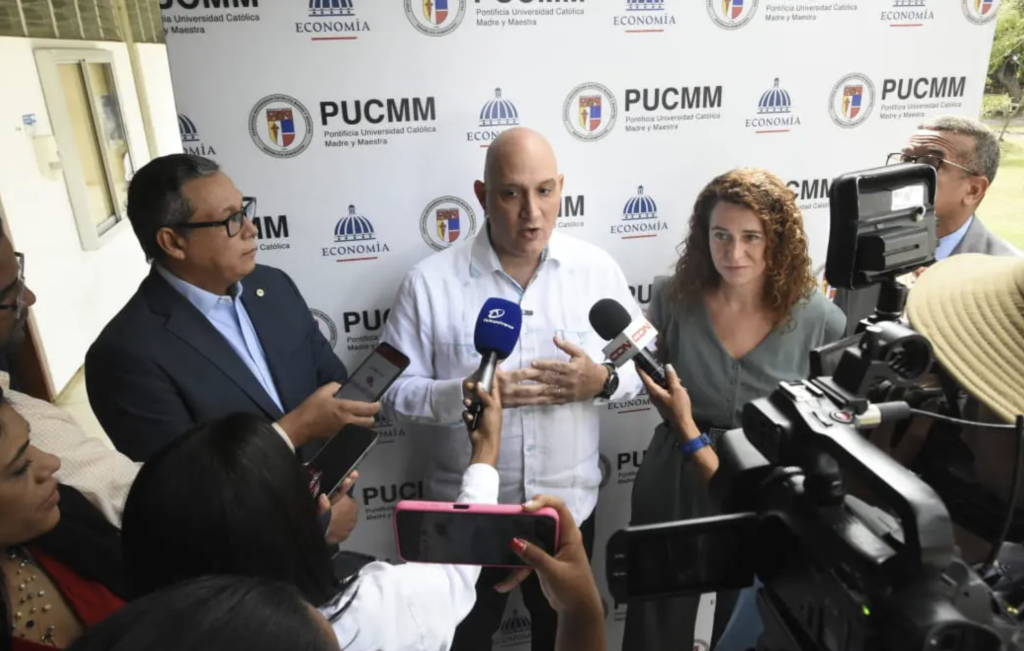
Economy Minister Pavel Isa Contreras of the Dominican Republic hailed a recent International Monetary Fund (IMF) report as a testament to the country’s strong macroeconomic performance. In a statement released on Tuesday, 10 September 2024, Contreras highlighted the IMF’s findings, which indicated robust economic growth and the successful taming of inflation.
“We are on a solid macroeconomic path,” Contreras reiterated, referencing the IMF Executive Board’s report following their Article IV consultation mission to the Dominican Republic.
The IMF report commended the Dominican Republic for its “track record of sound policies and strong institutional policy frameworks,” which have contributed to “robust and resilient economic growth with low inflation over the past two decades.”
The IMF report highlighted the advances towards comprehensive fiscal and electricity reforms as it sees these have the potential to further support stability, competitiveness, and inclusive growth.
Contreras also noted that the government is currently working on reforming the public administration to enhance its efficiency and capacity. “That’s why we’re looking into streamlining the number of institutions,” he explained during a press interview.
The IMF report highlighted that “the outlook is favorable despite elevated – mostly global – uncertainty.” There was praise that real GDP growth in the country is projected to keep along its long-term trend of 5% in 2024 and thereafter, with inflation around its (4±1%) target.
The IMF urges the government to take measures to support further exchange rate flexibility while maintaining macroeconomic and financial stability. Says the IMF: “Monetary policy normalization can continue, given remaining economic slack and that inflation is firmly within the target range. Efforts to expedite the recapitalization of the Central Bank to reinforce its autonomy should remain a priority. Endeavors should continue to deepen the FX market, expand the use of hedging mechanisms and limit FXIs to large shocks that lead to destabilizing changes in hedging and financing premia to support further exchange rate flexibility, and therefore further enhance the effectiveness of the inflation targeting framework. While international reserves are broadly adequate based on traditional metrics, further reserve accumulation is necessary to increase buffers to deal with future shocks.”
Moreso, the IMF report dated 10 September 2024 acknowledges that the authorities’ planned gradual fiscal consolidation is appropriate to place debt on a firmly downward path and build fiscal buffers. “An integral fiscal reform that durably raises revenues—through elimination of tax exemptions and expansion of the tax base—and improves spending efficiency—especially by reducing electricity sector subsidies and untargeted transfers—is imperative,” writes the board after its consultations in the DR in August 2024. The IMF says the additional revenues will provide for needed development spending (including disaster-resilient infrastructure) to promote inclusive growth.
The IMF backed what it observes are ongoing efforts to improve public institutions and the business climate, calling this essential for maintaining the strong investment and growth trajectory. The IMF also highlights the importance of continuing efforts to fully implement the Electricity Pact.
Read more:
IMF board conclusions 2024
El Caribe
IMF on fiscal reform
12 September 2024

